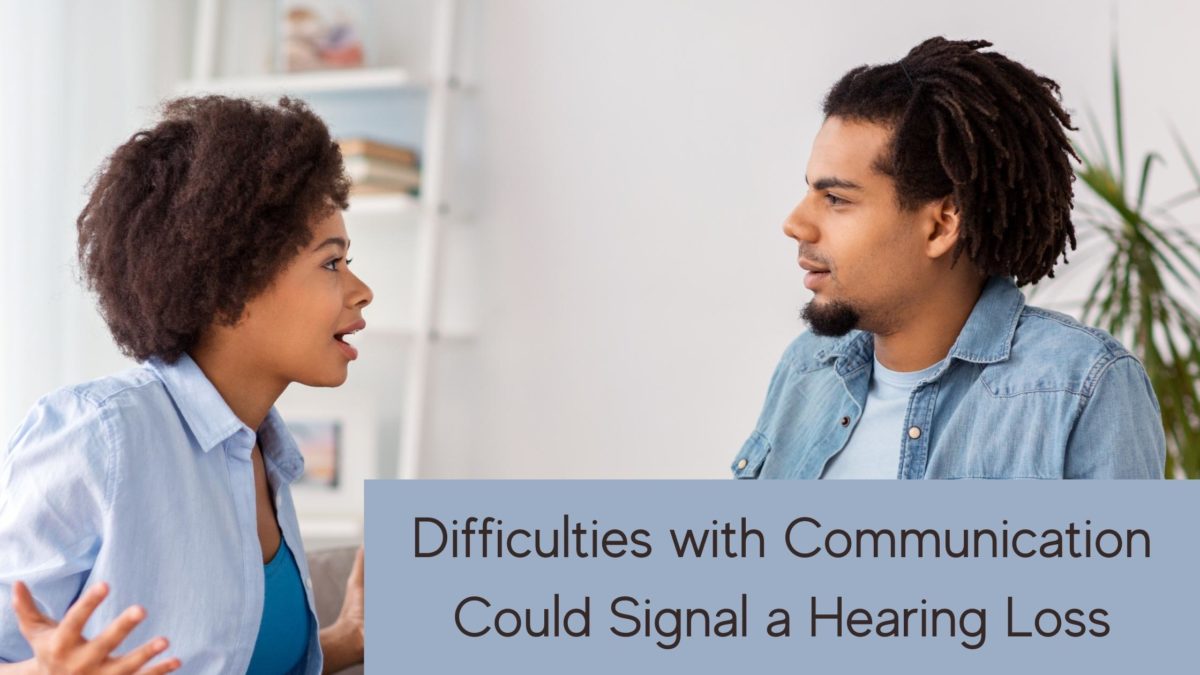It’s no secret that as we age, we tend to seek quieter socializing environments. While our salad days might have been spent comfortably schmoozing at loud clubs or cacophonous parties, the social calendars of our more mature lives are often populated with one-one-one activities or more sedate offerings. That can stem from a multitude of reasons, but one is certainly that ease of conversation becomes a priority.
The truth is that it takes a lot of energy and effort to connect with other people in loud and chaotic settings. This in part is because our hearing changes as we age, an entirely natural occurrence. But if you find yourself having difficulty hearing and understanding what people are saying in moderately noisy settings more often than not, it might be more than the aging process at play. One of the defining characteristics of hearing loss is the communication challenges reported by people with deteriorated hearing.
Our hearing changes as we age
While hearing loss can and does affect people at any age, our hearing also changes as we age and debilitated hearing becomes a more prominent condition. Hearing loss among older American adults is one of the leading chronic health conditions facing the country.
Among people aged 65 and older, hearing loss is present in one-third of the population. The incidence of this health condition grows exponentially among people over 74, where half the demographic has demonstrated hearing loss.
The two leading causes of hearing loss in older adults is due to either age-related hearing loss, where the sensitive cells of the inner ear deteriorate due to the normal aging process, or because of noise-induced hearing loss, in which those same cells are damaged because of exposure to too-loud noise suddenly or overtime.
Symptoms of hearing loss
Those inner ear cells are vital in providing sound information to our brains. Collected in the inner ear, this sound information is then communicated to the brain via the auditory nerve. When cells are damaged, less sound information is collected and thus, less sound information makes it to the brain for processing and comprehension. This leads us to the occurrence of ‘hearing less’ in which we can no longer decipher the full spectrum of external sounds around us.
The signs of hearing loss can be subtle, because although we are receiving less sound information, we are still receiving some. And our losses tend to be in the higher frequency range. So, the volume of what we are hearing might remain similar to undamaged hearing, but the sounds we hear, in conversation, for example, might seem garbled or incomplete.
These more nuanced losses mean that subtle changes can profoundly affect how we are able to listen, process and participate in the conversation. If you find yourself turning up the television to better understand the dialogue or if you are often asking your conversation partners to repeat themselves, you might have hearing loss.
A hearing consultation will determine hearing loss
In most circumstances, a simple hearing test will determine whether you have hearing loss. This can be due to loss of inner ear cells, as mentioned earlier, or a physical examination of the ear may reveal a blockage, like earwax, that is impeding your hearing.
Once you have a diagnosis of your pattern of hearing loss, if any, you can begin the process of seeking out hearing loss interventions with the guidance of an audiologist. Hearing aids do not restore previous levels of healthy hearing, but they can really enhance the listening experience and restore ease to your conversations.
A hearing test could miss hearing loss
In rare cases, some hearing loss is hidden from standard hearing examinations. A clean bill of hearing health after a hearing consultation can be confounding to a person who continues to experience difficulty communicating.
In recent years, scientists have begun to study and understand more fully this phenomenon of hidden hearing loss. Instead of damage to the inner ear cells, the cause of hearing loss is concentrated in the loss of synapses, or the path between nerve cells. It is more difficult to detect in standard hearing tests where the sound environment is strictly controlled. However, in the real world environment, with an abundance of background noise, the loss of synapses results in challenging hearing.
If difficulty hearing persists
If you have had a hearing consultation that didn’t detect any hearing loss, and yet you still have difficulty communicating, schedule a consultation with our team of hearing health professionals. We can provide more in-depth testing to determine if hidden hearing loss is present for you.

